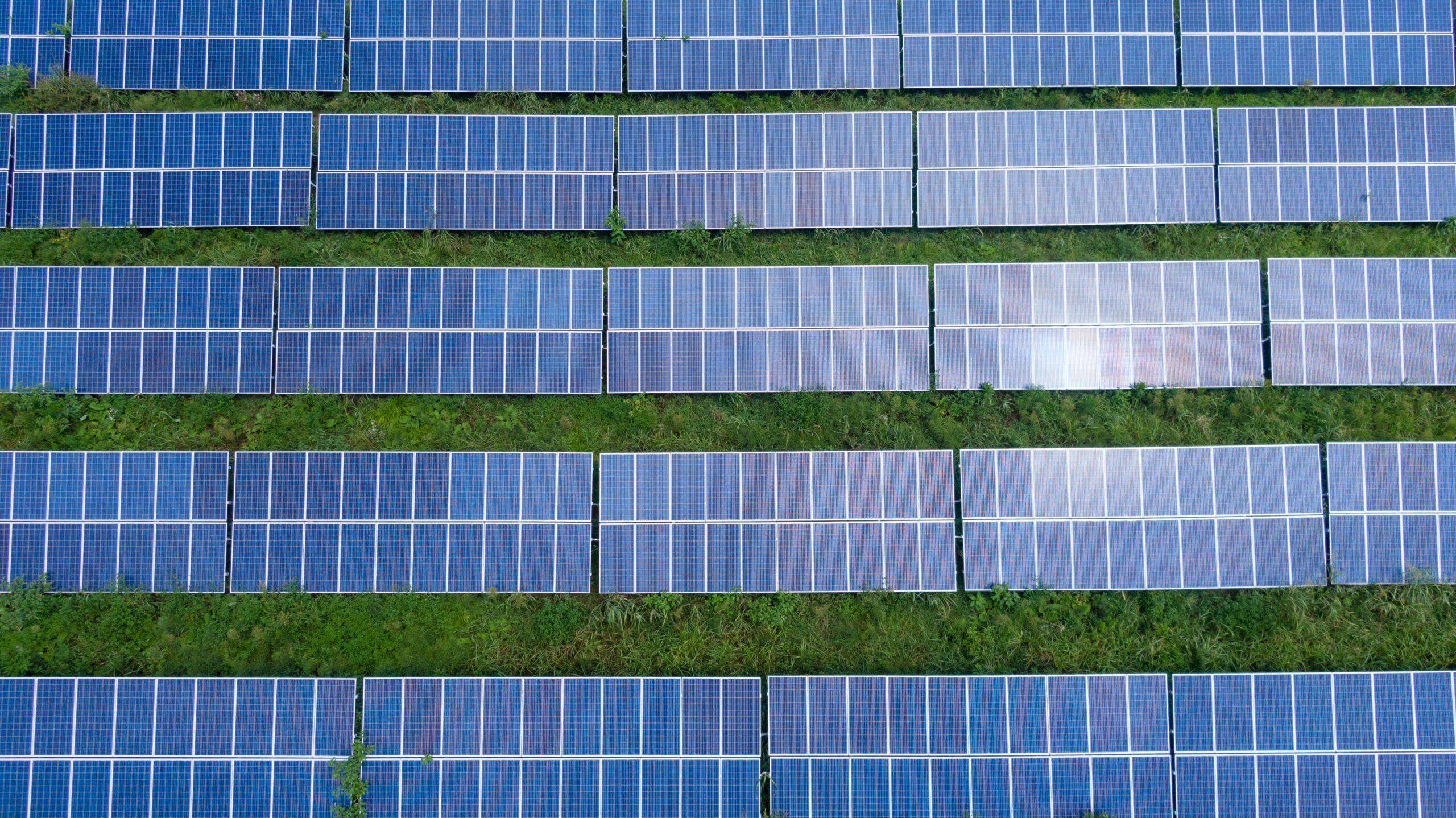The Pros and Cons of Solar Energy: Is It Worth the Investment?
Exploring the Benefits and Drawbacks of Harnessing Sunlight for Power
Solar energy, the radiant light and heat from the sun, has been harnessed by humans using various technologies. It is a renewable source of energy and offers a sustainable alternative to the burning of fossil fuels. Solar power can be used to generate electricity, heat water, and provide lighting, and it is increasingly being adopted by individuals, businesses, and governments. However, like any other technology, solar energy has its own set of advantages and disadvantages that are important to consider. In this article, we will delve into the benefits and drawbacks of harnessing sunlight for power.
As the world continues to seek clean and sustainable sources of energy, solar power has emerged as a frontrunner in the race to combat climate change and reduce reliance on non-renewable resources. Understanding the advantages and disadvantages of solar energy is crucial for individuals and organizations weighing the decision to invest in solar technology. Whether you're considering installing solar panels on your home or evaluating the feasibility of large-scale solar projects, it's essential to be well-informed about the potential benefits and drawbacks. Let's explore the pros and cons of solar energy to determine if it's worth the investment.
Pros
Discover the numerous ways in which solar energy can benefit individuals, communities, and the environment. From cost savings to environmental impact, the advantages of harnessing sunlight for power are compelling and may make you reconsider your energy choices.
Renewable and Sustainable
Solar energy is a renewable and sustainable energy source, meaning it is inexhaustible and can be used indefinitely. By harnessing the power of sunlight, we can reduce our reliance on finite fossil fuels and contribute to a more sustainable energy future. Solar panels generate electricity without producing carbon emissions, helping to mitigate climate change and reduce environmental impact.
Cost Savings and Energy Independence
One of the key advantages of solar energy is the potential for significant cost savings on electricity bills. By generating your own solar power, you can reduce or even eliminate your reliance on grid electricity, leading to long-term energy cost stability and potential savings. Additionally, solar power provides a level of energy independence, reducing vulnerability to price fluctuations in the energy market.
Low Operating Costs and Minimal Maintenance
Solar panels have low operating costs compared to traditional power generation methods. Once installed, they require minimal maintenance, as they have no moving parts and are designed to withstand various weather conditions. This makes solar energy an attractive and cost-effective investment for individuals and businesses seeking long-term energy solutions.
Job Creation and Economic Growth
The widespread adoption of solar energy leads to job creation and economic growth in the renewable energy sector. From manufacturing and installation to research and development, the solar industry has the potential to generate employment opportunities and stimulate economic activity. Investing in solar energy can contribute to local and national economies while promoting a sustainable energy transition.
Environmental Benefits and Reduced Carbon Footprint
Harnessing solar energy offers significant environmental benefits, including the reduction of greenhouse gas emissions and air pollution. Solar power contributes to cleaner air and water, helps conserve natural resources, and plays a vital role in combating climate change. By choosing solar, individuals and organizations can proactively reduce their carbon footprint and contribute to a healthier planet.
Energy Independence and Security
Solar energy provides individual homes, businesses, and communities with a greater level of energy independence and security. By generating their own electricity from sunlight, users are less reliant on external energy sources and are better prepared for potential energy disruptions or fluctuations in energy prices.
Technological Advances and Innovation
The pursuit of solar energy has driven significant technological advances and innovation in the solar industry. This has led to more efficient solar panels, improved energy storage solutions, and the development of new solar technologies, contributing to the overall advancement of the renewable energy sector.
Missing a pro?
Let us know which pro you are missing!
Cons
While solar energy offers compelling advantages, it also presents several challenges and limitations that warrant careful consideration. From initial costs to environmental impact, it's important to weigh the drawbacks of leveraging sunlight for power before making investment decisions. Explore the key drawbacks of solar energy and gain insights into the complexities of this renewable energy source.
High Initial Costs and Long Payback Period
One of the primary drawbacks of solar energy is the high initial investment required for purchasing and installing solar panels and associated equipment. While long-term operational costs are low, the upfront expenses can be prohibitive for some individuals and businesses. The payback period for solar investments can vary based on factors such as location, energy usage, and available incentives.
Intermittent Energy Production and Weather Dependence
Solar energy production is dependent on sunlight, making it intermittent and variable based on weather conditions and time of day. Cloud cover, inclement weather, and the absence of sunlight during nighttime hours can affect the reliability and consistency of energy generation from solar panels. This intermittency may require additional energy storage or backup systems to ensure a continuous power supply.
Land Use and Environmental Impact
Large-scale solar installations require significant land area for the deployment of solar panels, which can impact local ecosystems and land use patterns. The environmental impact of solar energy also includes considerations such as habitat disruption, water use for panel cleaning, and the use of potentially hazardous materials in panel production. Balancing the benefits of clean energy with its environmental footprint is a complex aspect of solar technology.
Resource Limitations and Recycling Challenges
The production of solar panels involves the use of rare earth elements and other materials with finite availability. As the demand for solar technology grows, there may be challenges related to the sustainable sourcing of raw materials and the recycling or disposal of end-of-life solar panels. Addressing resource limitations and implementing effective recycling programs are essential for the long-term sustainability of solar energy.
Grid Integration and Regulatory Hurdles
The integration of solar energy into existing electricity grids can present technical and regulatory challenges. Grid stability, energy transmission, and policy frameworks for incentivizing solar power can influence the feasibility and scalability of solar projects. Overcoming grid integration barriers and navigating complex regulatory landscapes are important considerations for the widespread adoption of solar energy.
Aesthetic and Visual Impact
The installation of solar panels on rooftops or open land can sometimes raise aesthetic concerns, particularly in residential areas or natural landscapes. Critics argue that solar installations can impact the visual appeal of the surroundings, potentially leading to objections from local communities or regulatory authorities.
Potential for Water Usage and Pollution
Certain types of solar power plants, particularly those using concentrated solar power (CSP) technology, have the potential to consume significant amounts of water for cooling purposes. Additionally, the manufacturing and disposal of solar panels can result in pollution if not managed properly, posing environmental challenges that need to be addressed in the solar industry.
Missing a con?
Let us know which con you are missing!
Conclusion
In conclusion, the decision to invest in solar energy involves a careful evaluation of its advantages and disadvantages. While solar power offers immense potential for clean, renewable electricity generation and sustainable energy practices, it is essential to consider the complexities and trade-offs associated with harnessing sunlight for power. By weighing the pros and cons of solar energy, individuals and organizations can make informed decisions that align with their energy needs, environmental goals, and long-term financial planning.
What do you think?
Do you think the pros outweigh the cons?






